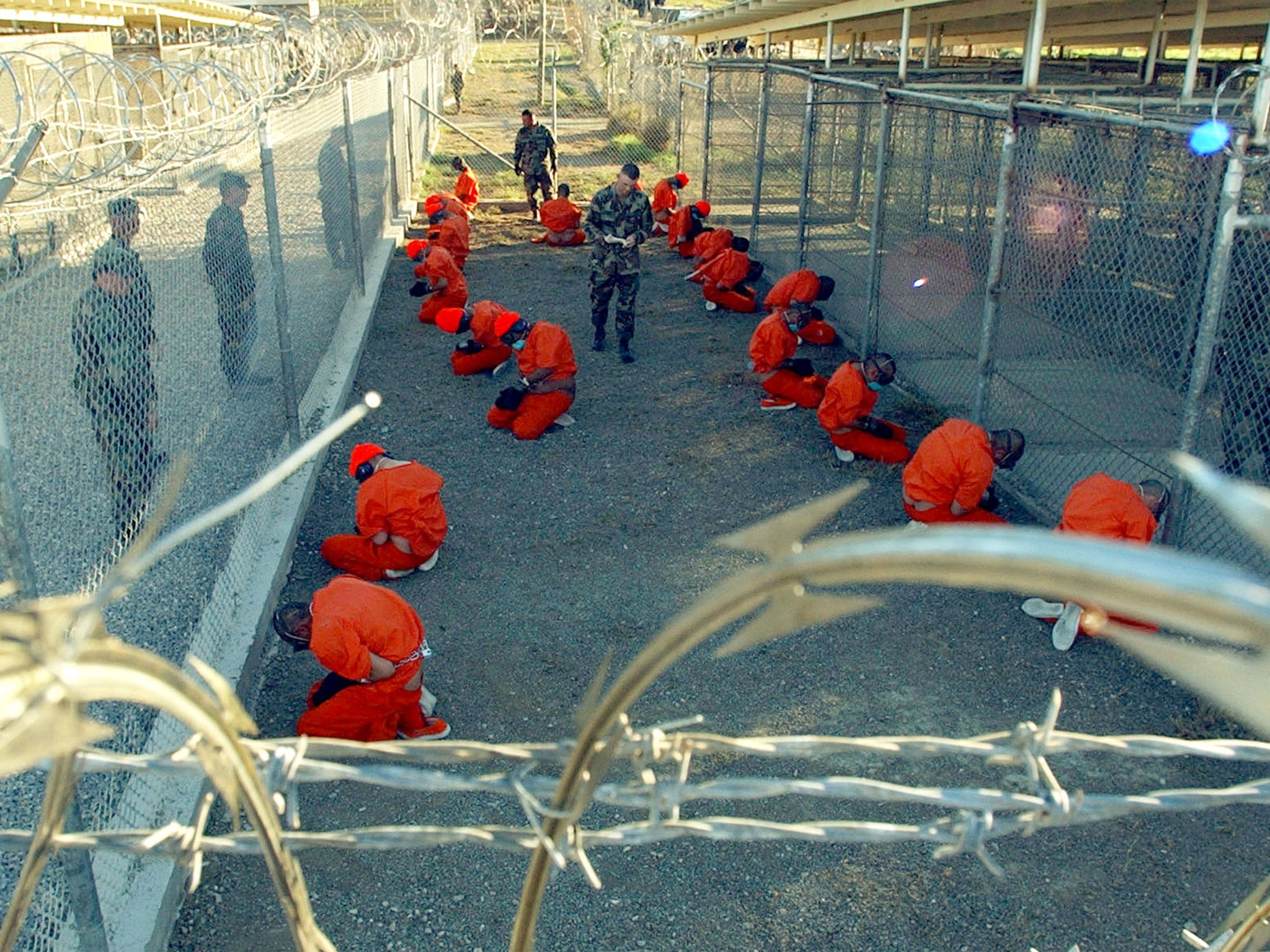The New York Times to call torture 'torture'
The newspaper has come under pressure to be more explicit when describing CIA interrogation techniques involving pain

Your support helps us to tell the story
From reproductive rights to climate change to Big Tech, The Independent is on the ground when the story is developing. Whether it's investigating the financials of Elon Musk's pro-Trump PAC or producing our latest documentary, 'The A Word', which shines a light on the American women fighting for reproductive rights, we know how important it is to parse out the facts from the messaging.
At such a critical moment in US history, we need reporters on the ground. Your donation allows us to keep sending journalists to speak to both sides of the story.
The Independent is trusted by Americans across the entire political spectrum. And unlike many other quality news outlets, we choose not to lock Americans out of our reporting and analysis with paywalls. We believe quality journalism should be available to everyone, paid for by those who can afford it.
Your support makes all the difference.The New York Times has confirmed it will use the word ‘torture’ to describe painful practices used to interrogate terror suspects, just days after Barack Obama’s admission the US “tortured some folks” in the aftermath of the 9/11 attacks.
Dean Baquet, the executive editor of The Times, announced reports will now use the word “torture” to describe incidents where pain is inflicted upon prisoners or suspects in order to gather information, after years of avoiding doing so.
Over the past decade it has emerged that the use of waterboarding, sleep deprivation and shackling people’s bodies into painful positions were methods routinely used by the CIA to extract information, but newspapers have been reluctant to describe them as “torture”.
Instead, they have often been referred to in terms such as “harsh interrogation” on the basis of legal disputes surrounding the word torture.
CIA supporters have also claimed the so-called “enhanced interrogation techniques” saved American lives and many do not regard the methods as torture.
Mr Baquet said the issue of whether to explicitly refer to some practices as “torture” was revisited ahead of the impending Senate report on the CIA’s interrogation program.
Discussing the report last week, Mr Obama said: "We crossed a line. That needs to be understood and accepted...We did some things that were wrong, and that’s what that report reflects."

In a statement explaining his decision, Mr Baquet said: "While the methods [used by the CIA] set off a national debate, the Justice Department insisted that the techniques did not rise to the legal definition of “torture.”
"The Times described what we knew of the program but avoided a label that was still in dispute, instead using terms like harsh or brutal interrogation methods.
“Today, the debate is focused less on whether the methods violated a statute or treaty provision and more on whether they worked – that is, whether they generated useful information that the government could not otherwise have obtained from prisoners.”
“In that context, the disputed legal meaning of the word “torture” is secondary to the common meaning: the intentional infliction of pain to make someone talk.
“From now on, The Times will use the word “torture” to describe incidents in which we know for sure that interrogators inflicted pain on a prisoner in an effort to get information.”
His statement can be read in full here.
Join our commenting forum
Join thought-provoking conversations, follow other Independent readers and see their replies
Comments